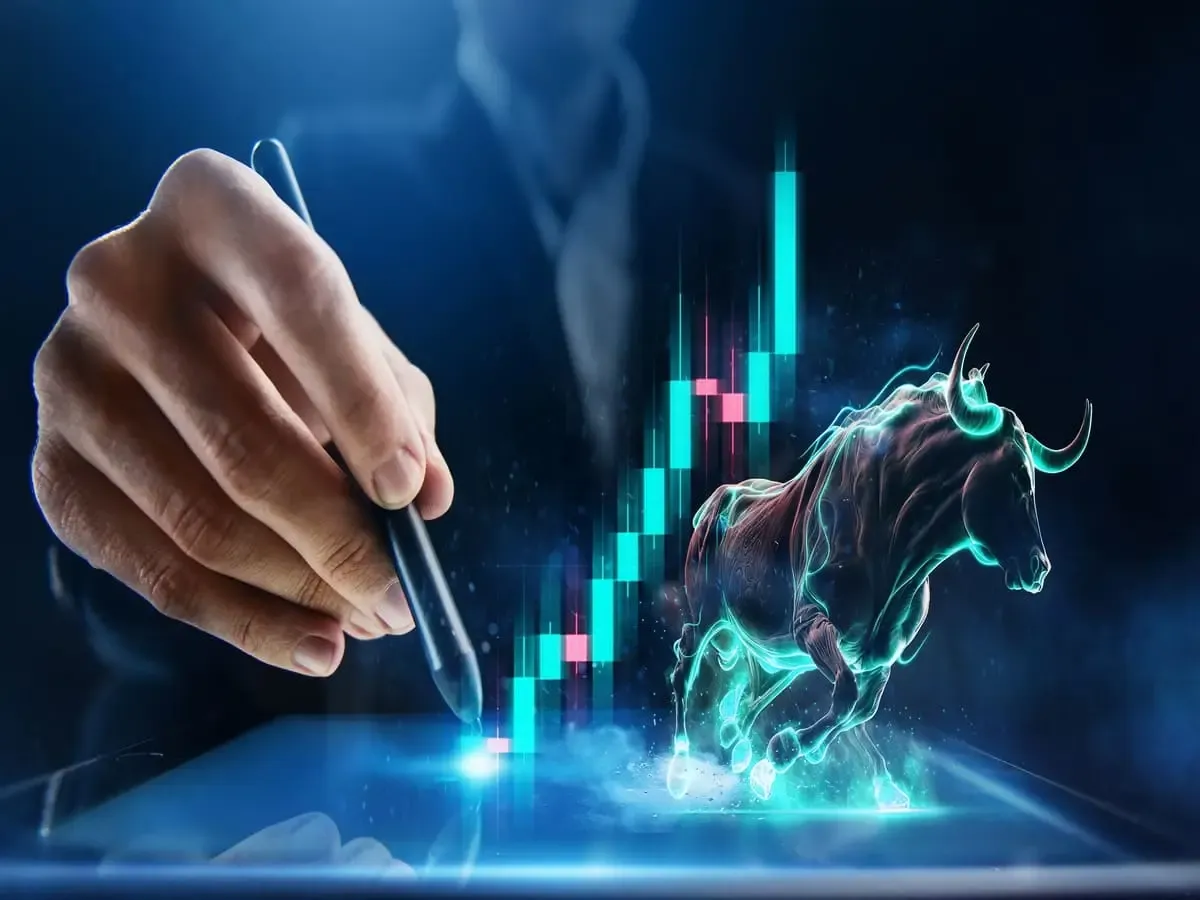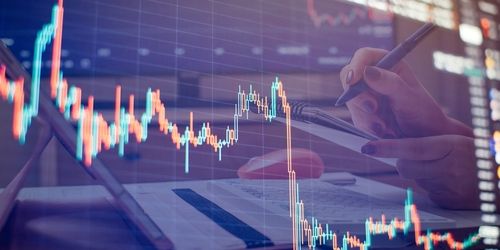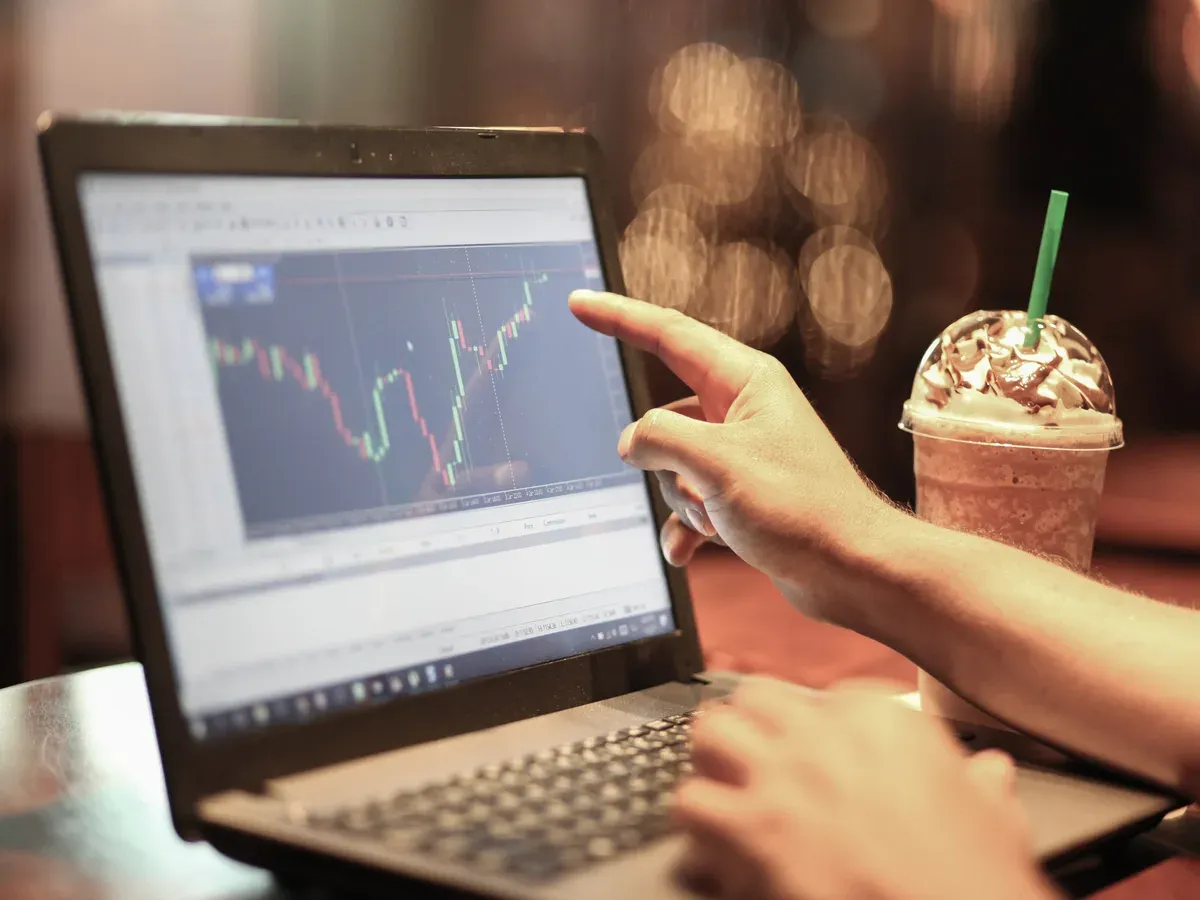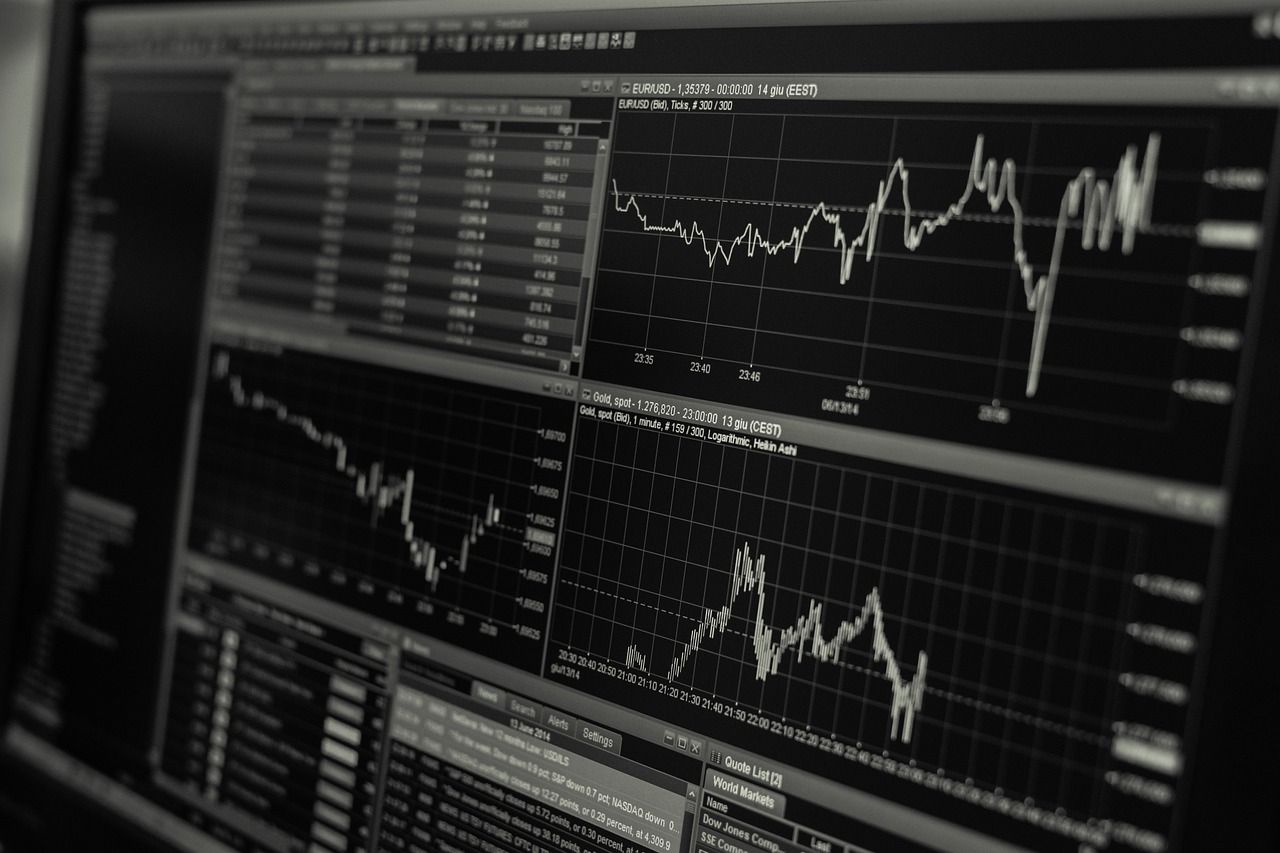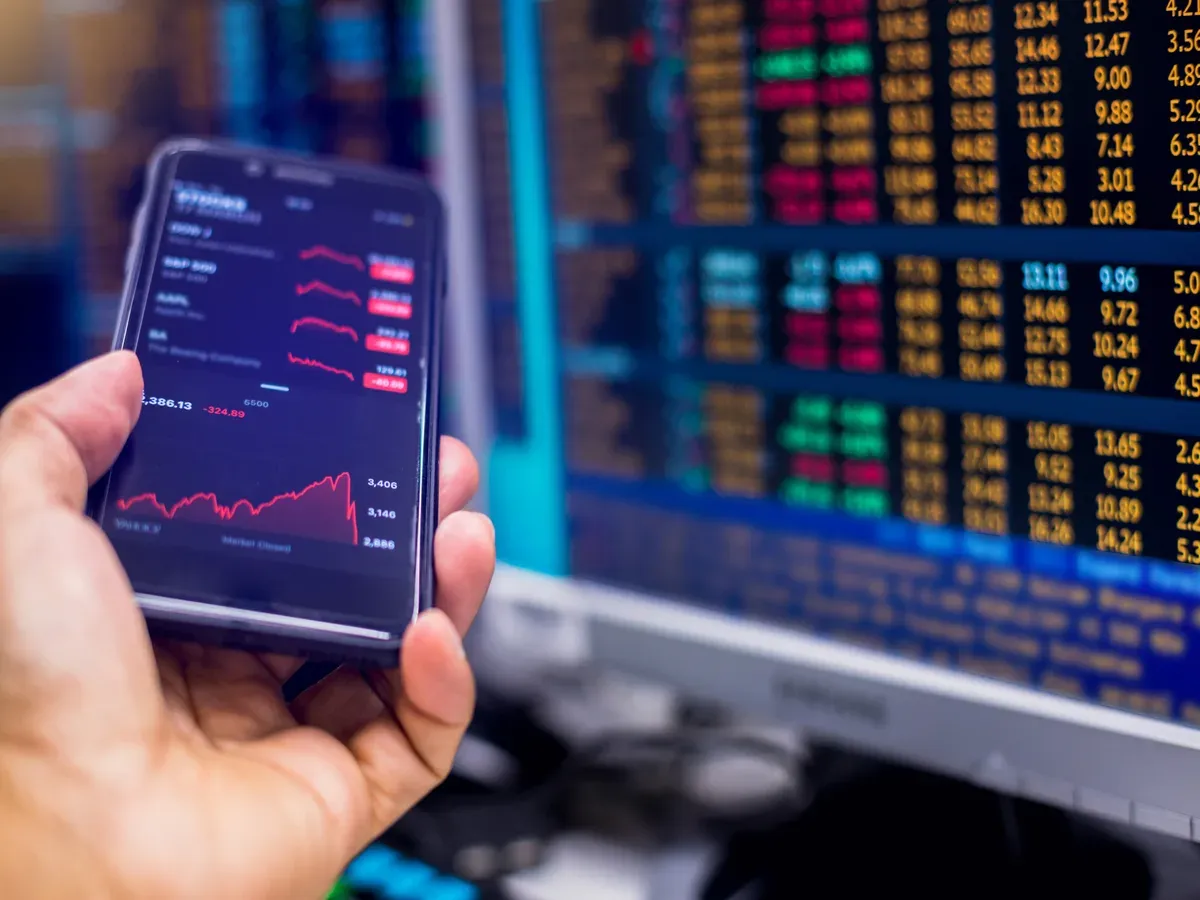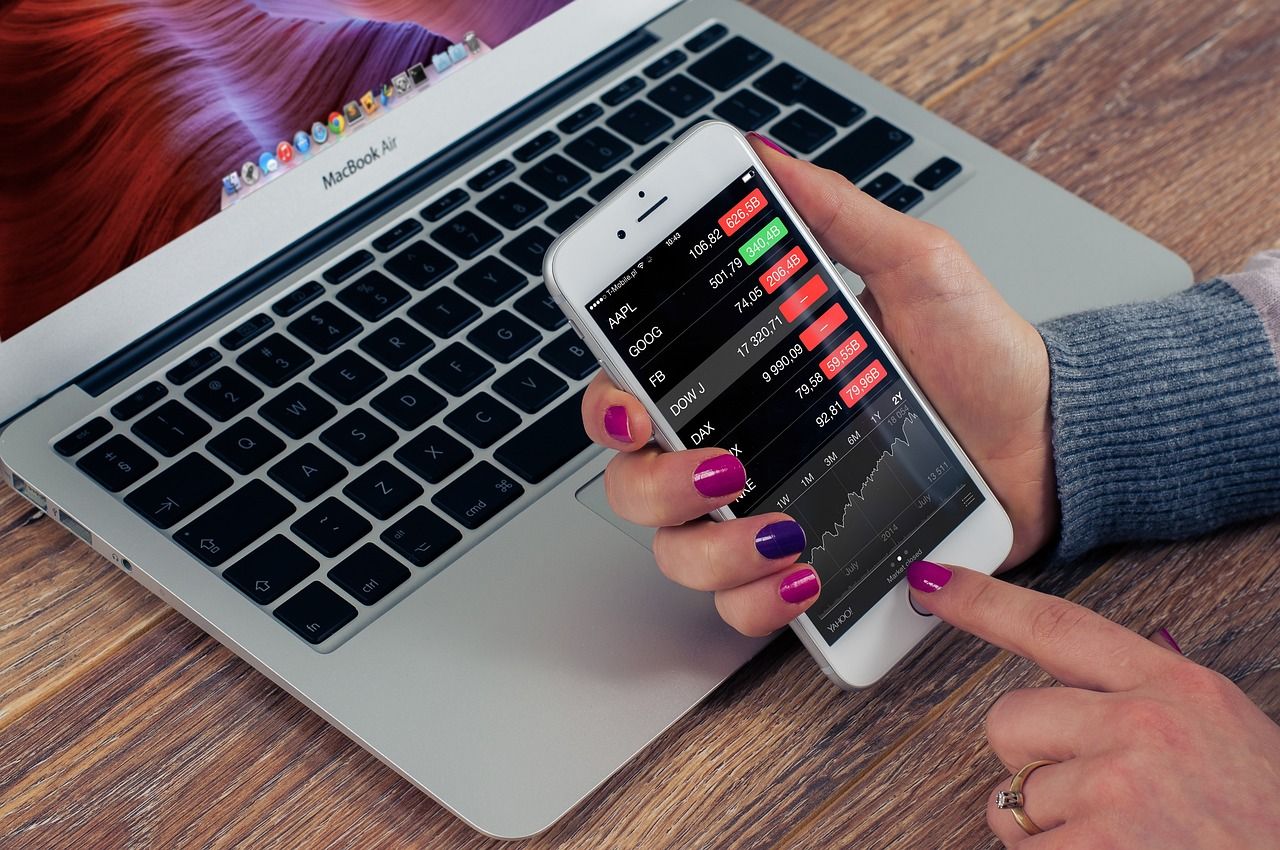What is a Demat Account ?
Written by Pradnya Surana
Published on December 02, 2025 | 3 min read
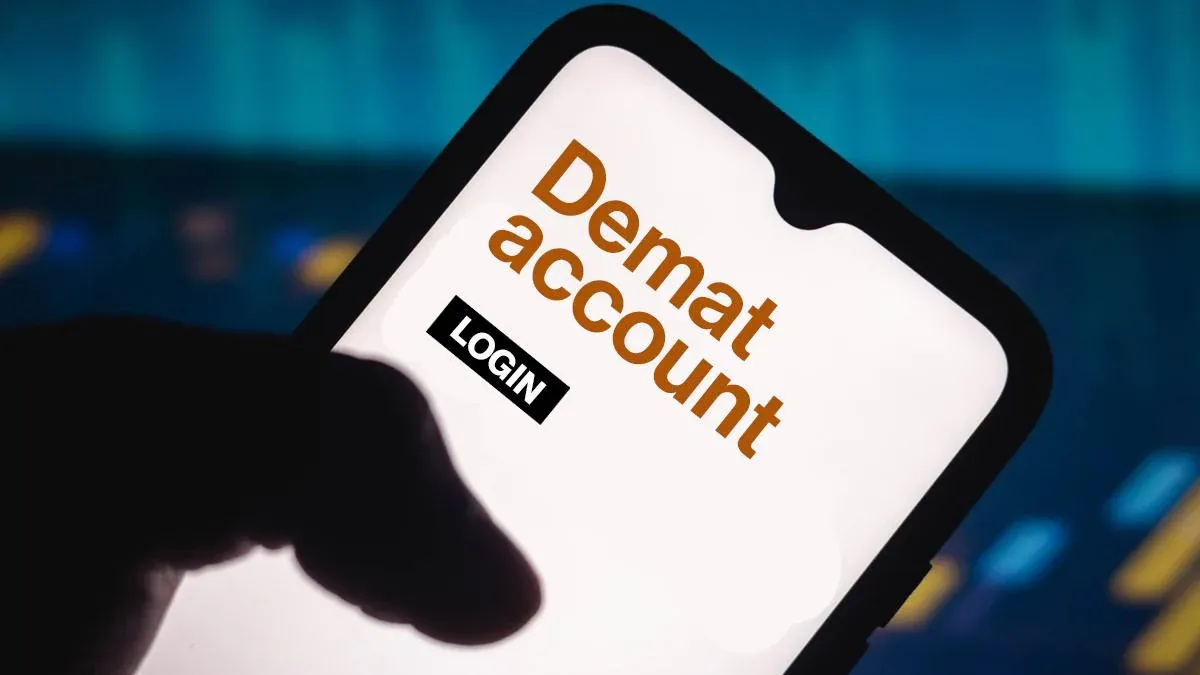
If you are thinking about investing in shares, bonds or other financial instruments, you may have come across the advice, ‘you must open a Demat account’. For many who want to start their investing journey, the word itself sounds technical. However, the idea behind it is actually quite simple.
Demat, short form for ‘dematerialised’ means, a digital alternative to physical share certificates. You could digitally store shares and the account which stores these shares digitally is known as ‘demat account’.
Demat Accounts: Then vs Now
Earlier, that is before 1996, when someone purchased shares of any company, they would get certificates of these shares. Storing those share certificates safely was important as these certificates used to be the proof that you hold the shares. Storing those share certificates used to be a daunting task. They were susceptible to being soiled, torn, misplaced or lost.
With the rise of information and technology, Demat accounts were started in India in 1996. The Depository Act of 1996 paved the way for the system, to digitalise the overall system here.
Demat was initially introduced for transactions on the National Stock Exchange (NSE) to give away the need for physical share certificates. Over the time, this revolutionised the entire stock market. It made transactions more secure, faster and less prone to fraud and errors which were a commonplace with physical certificates Today, having a demat account is mandatory for stock market transactions. If you want to invest in listed shares, you cannot do so without one. Even for instruments like mutual funds, many people prefer using a demat account because it keeps all their investments neatly organised in a single digital location.
How Demat Account Works?
The function of a demat account is similar to your bank account, but for shares. Just like a bank account stores your money, a demat account holds you’re a wide array of financial securities, such as shares, government bonds, mutual fund units, exchange-traded funds (ETFs) and more.
Any shares that you buy are added to your demat account. When you sell them, it gets deducted. Everything happens electronically, without the need for physical paperwork.
Benefits of Demat Account
With a Demat account, you don’t need any kind of paperwork like share certificates and receipts. Your shares are digitally stored.
With a Demat account along with a Trading account, you can buy and sell shares with just a few clicks. There is no need to wait for documents to arrive or be processed. Transactions happen quickly, within seconds.
Tracking and managing your investments is absolutely simple and convenient, thanks to the Demat account. No need to go through piles of paperwork. You can simply log in to your account to see everything you own in one place.
How to Open a Demat Account?
Opening a demat account today is just a matter of a few clicks. Today, almost all brokers and financial institutions allow you to complete the process online. You usually need to verify your identity, submit a few documents and link your bank account. With new age digital platforms like Upstox, the complete account opening process is online.
You need to upload the documents, there will be a video call to verify your identity and documents. Once set up, you can start buying stocks and store them in your Demat account.
Conclusion
Demat account keeps your securities safe, helps you trade quickly, reduces paperwork and makes it easier to manage your overall investment. You mandatorily need a Demat account to invest in the stock market.
About Author
Pradnya Surana
Sub-Editor
is an engineering and management graduate with 12 years of experience in India’s leading banks. With a natural flair for writing and a passion for all things finance, she reinvented herself as a financial writer. Her work reflects her ability to view the industry from both sides of the table, the financial service provider and the consumer. Experience in fast paced consumer facing roles adds depth, clarity and relevance to her writing.
Read more from PradnyaUpstox is a leading Indian financial services company that offers online trading and investment services in stocks, commodities, currencies, mutual funds, and more. Founded in 2009 and headquartered in Mumbai, Upstox is backed by prominent investors including Ratan Tata, Tiger Global, and Kalaari Capital. It operates under RKSV Securities and is registered with SEBI, NSE, BSE, and other regulatory bodies, ensuring secure and compliant trading experiences.


















